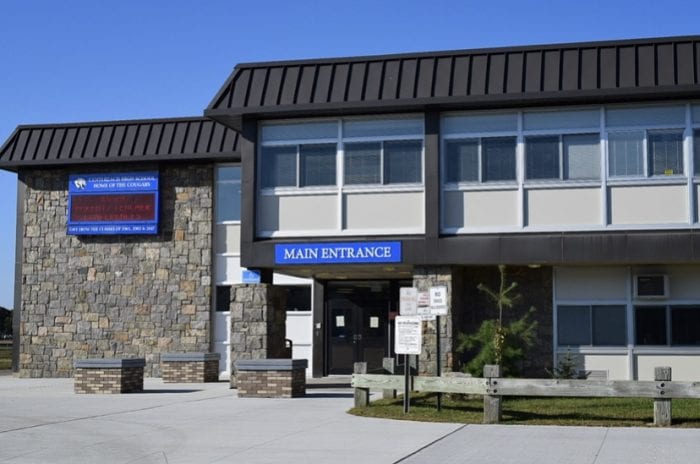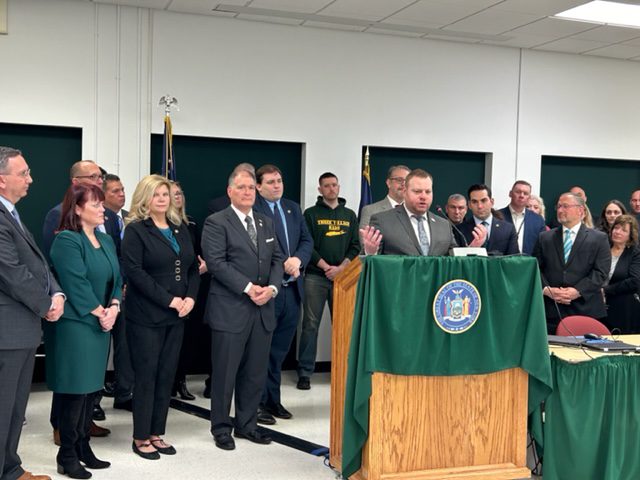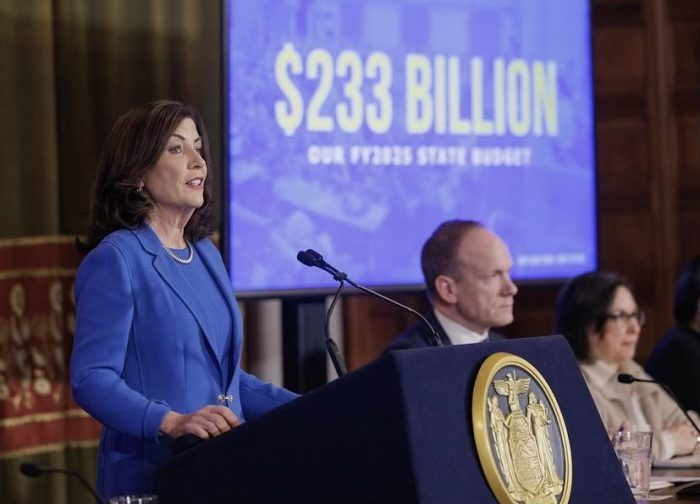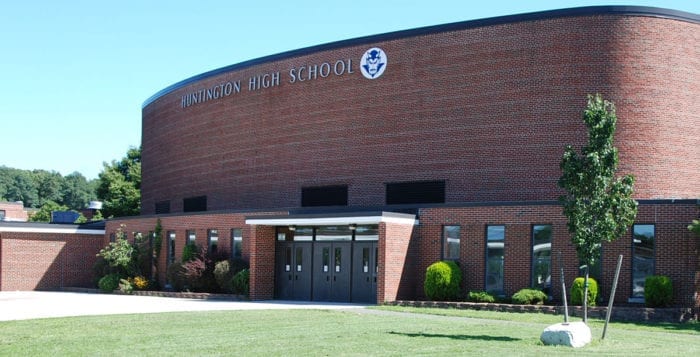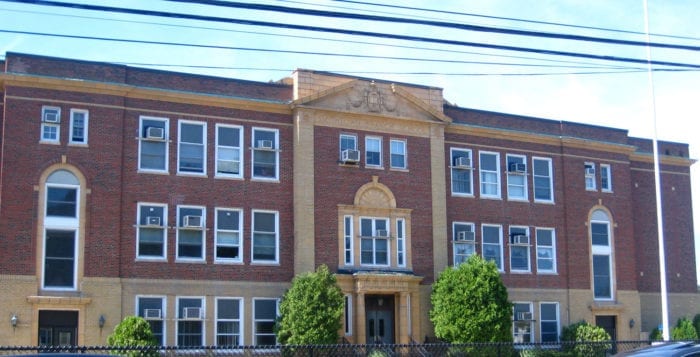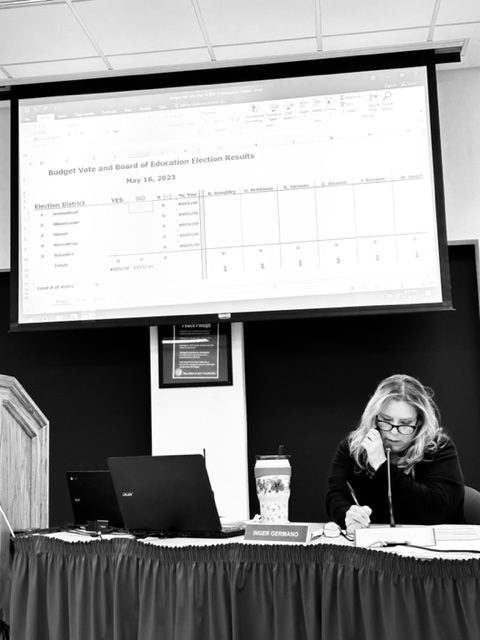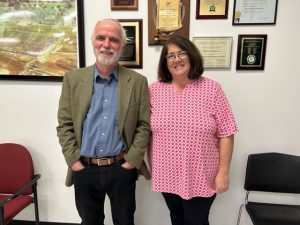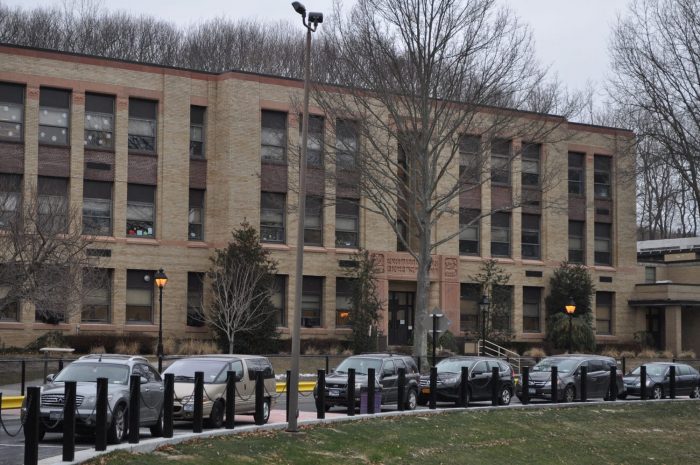By Emma Gutmann
As of a January report from the New York State Comptroller Thomas DiNapoli (D), Middle Country Central School District has dipped into the “susceptible” fiscal stress status. The district’s community letter on Feb. 1 stated that reserves are “close to being exhausted” and the budget gap is around $7.5 million.
The comptroller’s Fiscal Stress Monitoring System uses data submitted by local governments to provide every school district in New York with a fiscal and environmental score out of 100. Financial indicators for school districts consist of cash position, year-end fund balance, operating deficits and surpluses, as well as reliance on short-term debt for cash flow. Environmental indicators are forces beyond local officials’ immediate control, including teacher turnover rate, changes in property values, budget vote approval rate and percent of economically disadvantaged students and English language learners.
A district’s overall score determines whether it has the label Significant Stress, Moderate Stress, Susceptible to Stress or No Designation. Middle Country’s 2022-23 fiscal year scored 25 points, the minimum value in the Susceptible to Stress range. Four other Long Island school systems joined Middle Country on the fiscal stress spectrum, with New Suffolk and Amityville in the most extreme category and Roosevelt and Springs in the mildest warning stage alongside Middle Country.
Instructional expenses continue to contribute to Middle Country’s budget overflow as the district strives to maintain excellence for students and staff under the financial strain. The district anticipates a need for two or three more PRAISE classes, where each accommodates eight special-needs kindergarteners. These valuable and necessary specialized classes come with a jarring expense, costing around $350,000 each according to Superintendent of Schools Roberta Gerold.
In an interview, Gerold noted that the pandemic has had an unprecedented impact on the student body, who could use support for their anomalous learning and mental health needs. In the vein of wellness, a boost in health care for current employees (plus 10%) and retirees (plus 25%) has been another cost driver.
“We are a state-aid-dependent school district, which means when state aid is reduced, we feel the impact — and don’t have many alternatives other than raise taxes or cut programs or services,” Gerold said. “This year, Gov. Hochul’s [D] budget proposal cuts state aid. In Middle Country, if we were to receive what current law indicated we should, our state aid would be about $1.4 million more than what we are now supposed to receive.”
Middle Country has been lobbying to receive a larger slice of state aid with the support of local elected officials and working on a plan for financial recovery with the guidance of their administrative colleagues. The proposed state aid for 2024-25 is nearly $120 million, an increase of 4.64%.
Gerold reported that the school was able to offer programs with resources for their students’ evolving needs through federal funding — a pool which will expire in September of this year.
Although Middle Country has done its best to budget and ration its reserves, “the next couple of months are going to be difficult as decisions are finalized and implemented,” the district’s letter said.

